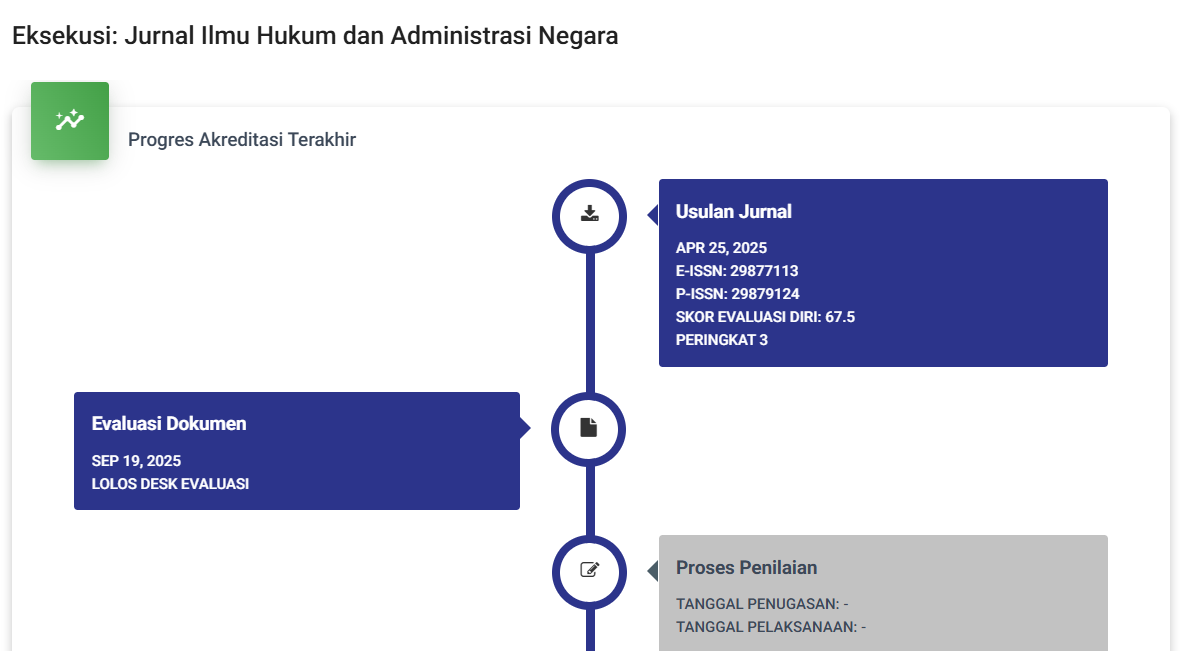Akibat Hukum Jual Beli Tanah Warisan Tanpa Persetujuan Ahli Waris
DOI:
https://doi.org/10.55606/eksekusi.v2i1.863Keywords:
Inheritance, Buying and Selling, HeirsAbstract
Islamic inheritance law is one of the rules that regulates humans and humans in matters of inheritance (inheritance). This law regulates the transfer of assets from deceased people to living people with detailed calculations and distribution. The aim of this research is to determine the legal consequences of buying and selling inherited land without the consent of the heirs. In this research the author uses Normative Law research, which is carried out by examining and analyzing legal regulations with legal issues in their consistency with existing principles. This type of research is a type of library research, which relies on the study and study of texts. The research results show that in Islamic law, land inheritance does not yet exist has been circulated and is prohibited from being sold because it still belongs to other heirs. If all heirs agree to the sale and purchase, it can be traded, if not it is considered illegal and revoked. Legal protection for buyers of inherited land that is not distributed is that they can file a civil lawsuit against the seller and the Notary/PPAT (official with the authority to make deeds) who has made the sales agreement.
References
Abdussamad, H. Zuchri. Metode Penelitian Kualitatif.
Hangewa, Eksanti. 2016. “PROSES PENYELESAIAN SENGKETA HARTA WARIS ATAS TANAH PADA PENGADILAN NEGERI TOBELO (STUDI KASUS PUTUSAN PENGADILAN NEGERI TOBELO NO. 09/Pdt.G./2014/PN.TOB).” 01(2): 1–23.
Pamungkas, Bagus Satria. 2023. “REFORMULASI PPAT DALAM PENDAFTARAN HAK TANGGUNGAN YANG TERINTEGRASI SECARA ELEKTRONIK.” : 1–14. https://www.ncbi.nlm.nih.gov/books/NBK558907/.
Sudaryanto, Agus. 2012. “Aspek Ontologi Pembagian Waris Dalam Hukum Islam Dan Hukum Adat Jawa.” Mimbar Hukum - Fakultas Hukum Universitas Gadjah Mada 22(3): 534.
Wahyuni, Afidah. 2018. “Sistem Waris Dalam Perspektif Islam Dan Peraturan Perundang-Undangan Di Indonesia.” SALAM: Jurnal Sosial dan Budaya Syar-i 5(2): 147–60.








